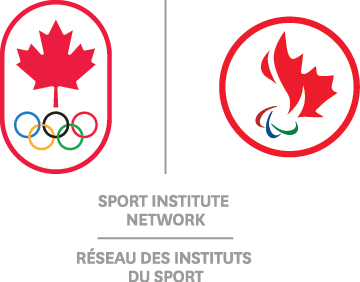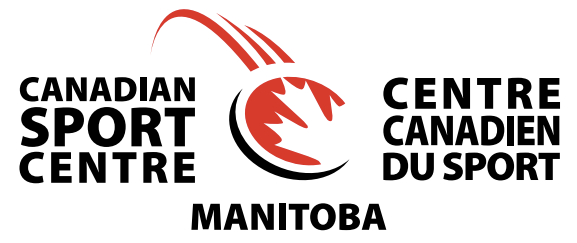Magnesium: Can It Prevent Exercise-Induced Muscle Cramps?
March is Nutrition Month in Canada. The Canadian Sport Centre Manitoba Nutrition team has put together a variety of resources, including this blog from Amina Butt, Newcomer Sport Internship Program intern, and reviewed by Jorie Janzen, Director of Sport Dietetics, and Janelle Vincent, Sport Dietitian.
Magnesium: Can It Prevent Exercise-Induced Muscle Cramps?
Magnesium plays a key role in muscle function, energy production, and recovery—but does it actually help in reducing muscle cramps caused by exercise? Let’s break it down!
What is Magnesium?
Magnesium is an essential mineral found naturally in many foods, added to others, and available as a dietary supplement. It’s crucial for muscle function, energy production, and overall health.
How much Magnesium do you need?
Daily Magnesium Recommendation:
| Age Group | Male | Female |
| 9 – 13 years | 240 mg | 240 mg |
| 14 – 18 years | 410 mg | 360 mg |
| 19 – 30 years | 400 mg | 310 mg |
| 31 – 50 years | 420 mg | 320 mg |
| 51+ years | 420 mg | 320 mg |
How does Magnesium help Athletes?
Magnesium supports:
1. Muscle contractions – Helps muscles work and relax efficiently
2. Cramp prevention & soreness reduction – Eases muscle discomfort
3. Energy production & fatigue reduction – Keeps you fueled and focused
4. Inflammation control – Reduces swelling and pain after workouts
Common Questions:
Q: What are some signs of magnesium deficiency?
A: Fatigue, muscle cramps, nausea, weakness, tingling, abnormal heart rhythms, and in severe cases, seizures or personality changes.
Q: Does taking a magnesium supplement improve sport performance?
A: It does not. Unless you have a deficiency, magnesium supplementation won’t boost performance for healthy athletes.
Q: Can magnesium prevent muscle cramps?
A: If you are deficient in magnesium, that could be a possible reason for muscle cramping.
Q: Is it better to get magnesium from food or supplements?
A: Food is the best option as it provides extra nutrients. Supplements can help if your levels are low or during intense training.
Q: What are some magnesium-rich food sources?
A: Dark chocolate, spinach, potatoes baked with skin, bananas, avocados, black beans, quinoa, and raisins are just a few examples.
Take away message: Although magnesium supports muscle recovery and health supplementation does not reduce muscle cramps related to exercise, unless you are found to be deficient. Focus on a magnesium-rich diet and supplement only when recommended by your healthcare provider.
References:
https://ods.od.nih.gov/factsheets/Magnesium-HealthProfessional/
https://www.ais.gov.au/nutrition/supplements/group_c#magnesium
If you would like more information about magnesium or other supplements, please contact your CSCM Sport Dietitian.


